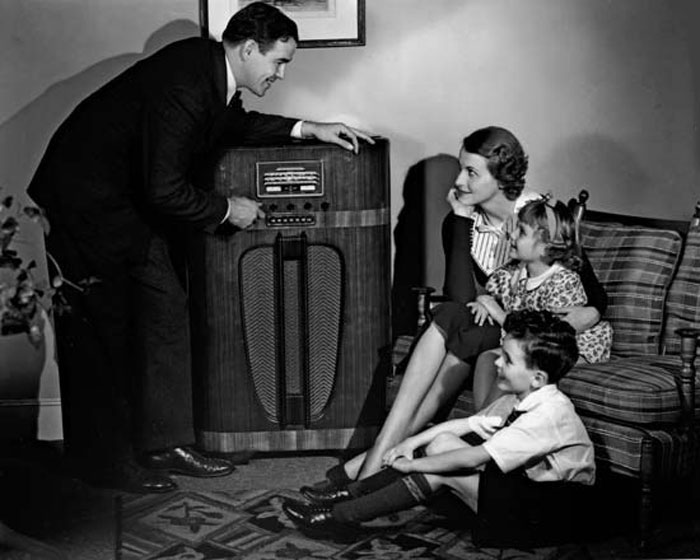 Growing up in central Southern Africa in a time of confusing social and political circumstances, one thing that remained a pretty constant companion for me was the radio. Radio stations like LM Radio, Springbok Radio, Capital Radio, the BBC World Service, the broadcasts of the Rhodesia Broadcasting Corporation (RBC) and the Voice of America would waft across the airwaves and out of the speakers of all kinds of radios.
Growing up in central Southern Africa in a time of confusing social and political circumstances, one thing that remained a pretty constant companion for me was the radio. Radio stations like LM Radio, Springbok Radio, Capital Radio, the BBC World Service, the broadcasts of the Rhodesia Broadcasting Corporation (RBC) and the Voice of America would waft across the airwaves and out of the speakers of all kinds of radios.
To have a radio that received on Short Wave was the ultimate, medium wave (also known as AM) was ok but there wasn’t much to listen to except at night. FM was ok too, but you only received local radio and that simply wasn’t exotic enough at night unless the Goon Show, Hancock’s Half Hour, The Navy Lark, Round the Horne or Just a Minute and I’m Sorry I’ll Read that Again were on.
 Television had only been around for a few years in Rhodesia but radio had been around for ages. South Africa was still lagging and would only have TV mid-way through the 1970’s.
Television had only been around for a few years in Rhodesia but radio had been around for ages. South Africa was still lagging and would only have TV mid-way through the 1970’s.
One of my earliest recollections of listing to the radio is as a nipper at my aunt’s house in Colbyn, Pretoria – listing to a program called Squad Cars on a Friday night. Another program that we listened to was Jet Jungle.
 There were other programs but these two stand out starkly in contrast with all the other stuff that was going on. A listen to some of the episodes available through archive.org are still pretty enduring with old trusted household names in the South African entertainment industry like Gordon Mulholland, Diane Appleby, Graham Armitage, Patrick Mynhardt, Colin Fish and Clive Scott.
There were other programs but these two stand out starkly in contrast with all the other stuff that was going on. A listen to some of the episodes available through archive.org are still pretty enduring with old trusted household names in the South African entertainment industry like Gordon Mulholland, Diane Appleby, Graham Armitage, Patrick Mynhardt, Colin Fish and Clive Scott.
By the end of the 1950’s, thirty percent of all Springbok Radio shows were produced by South African talent or material and independent productions were sold to sponsors. Squad cars was sponsored by General Motors. Jet Jungle by Bokomo.
TV launched in South Africa in 1976 with my friend Dorianne Berry as an anchor – this was followed by television commercials in 1978. Commercial TV was considered the major factor in the demise of Springbok Radio, which depended on advertising revenue. The station closed on 31 December 1985 a few weeks before I took up residence in South Africa as a university student.